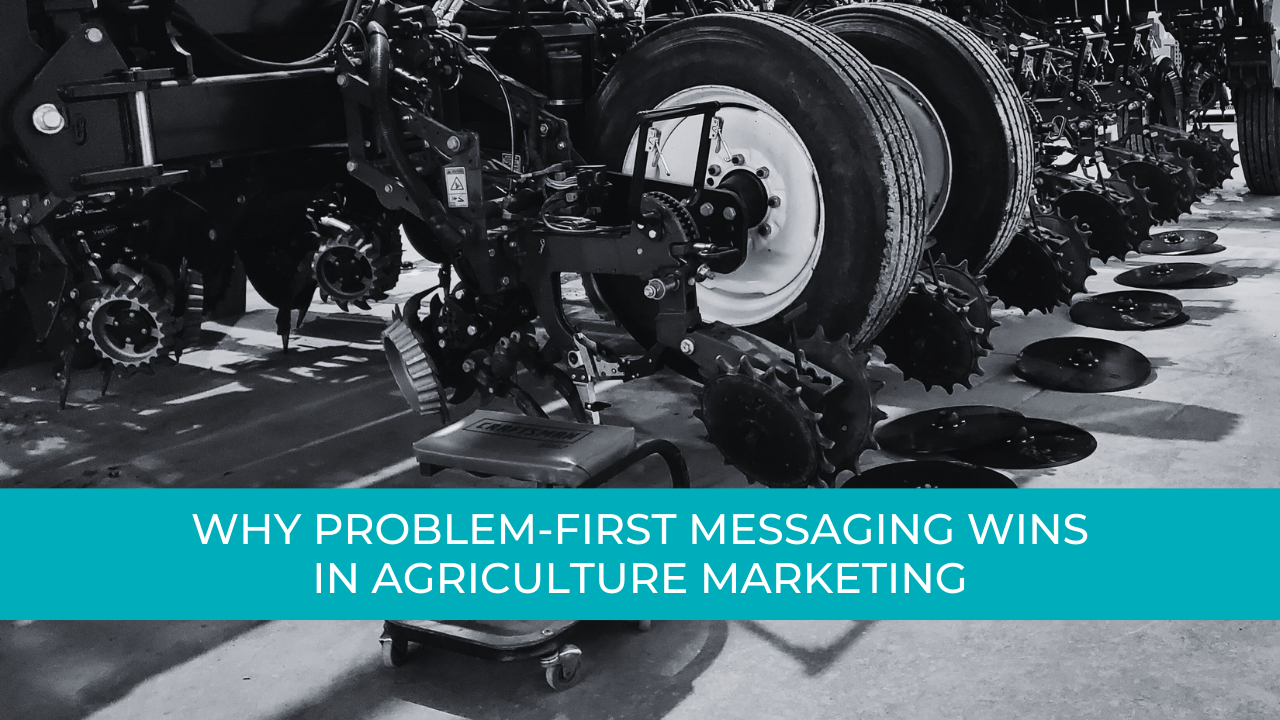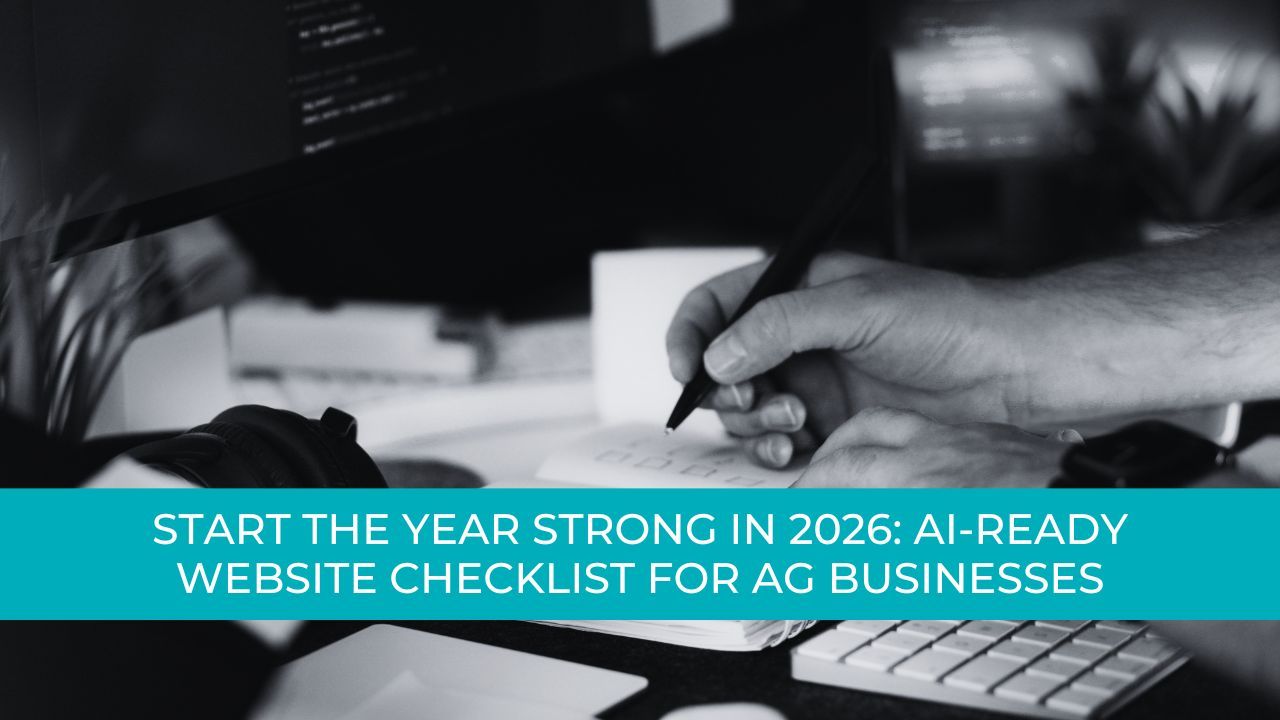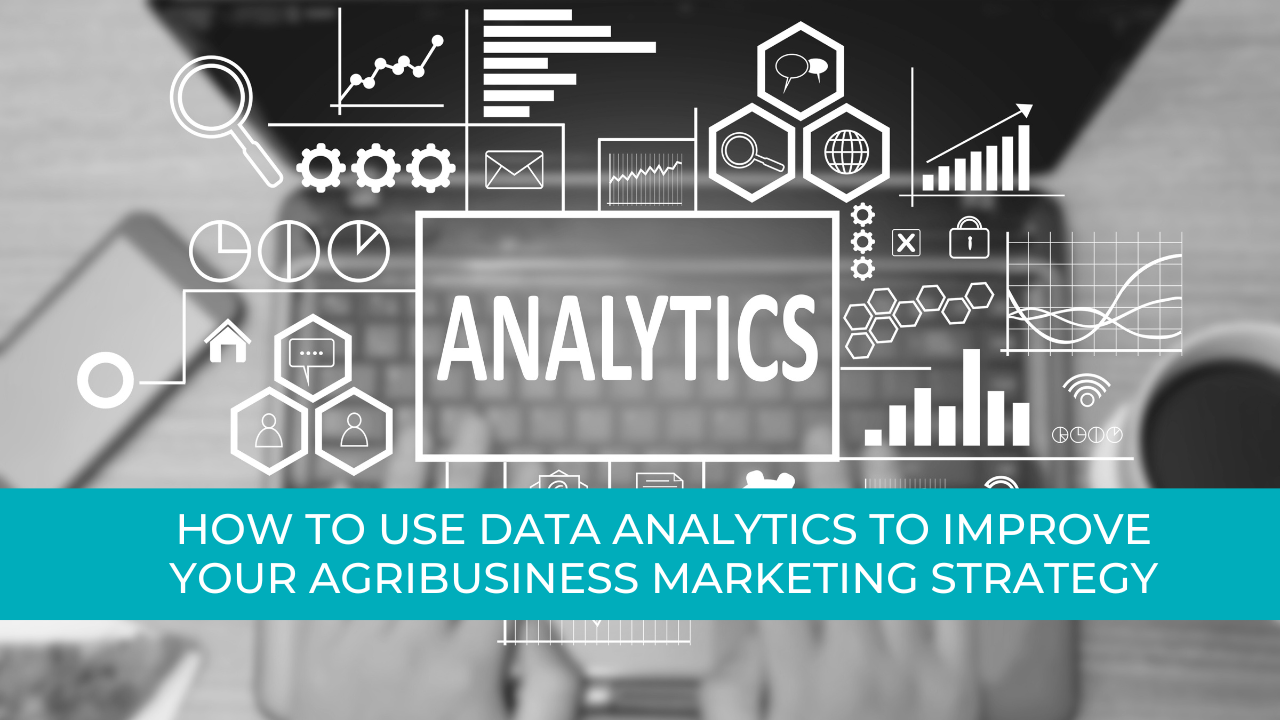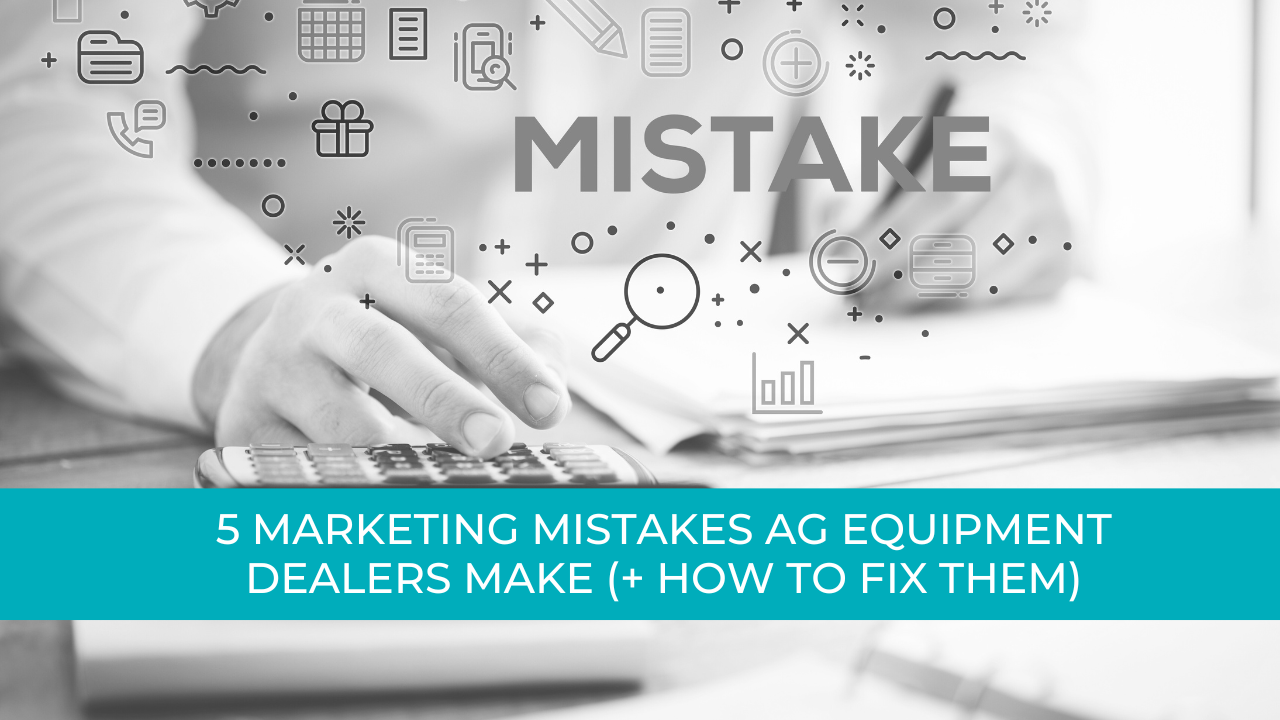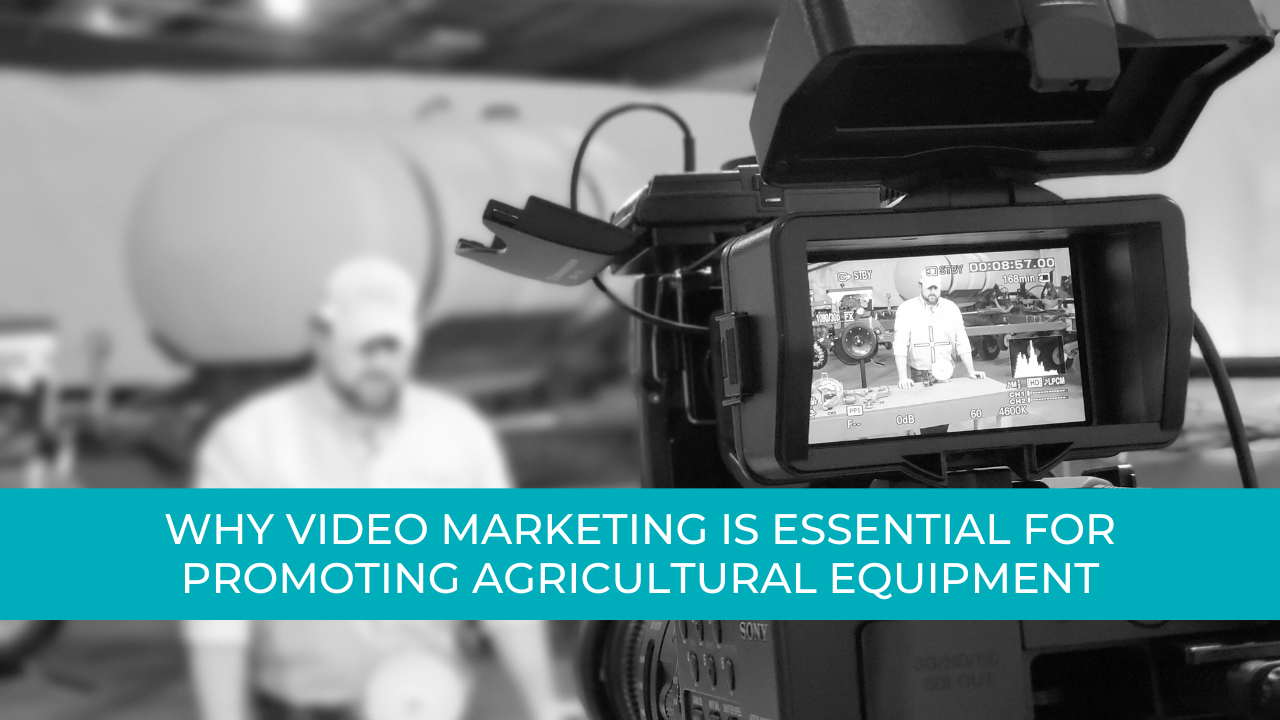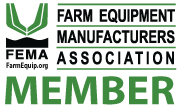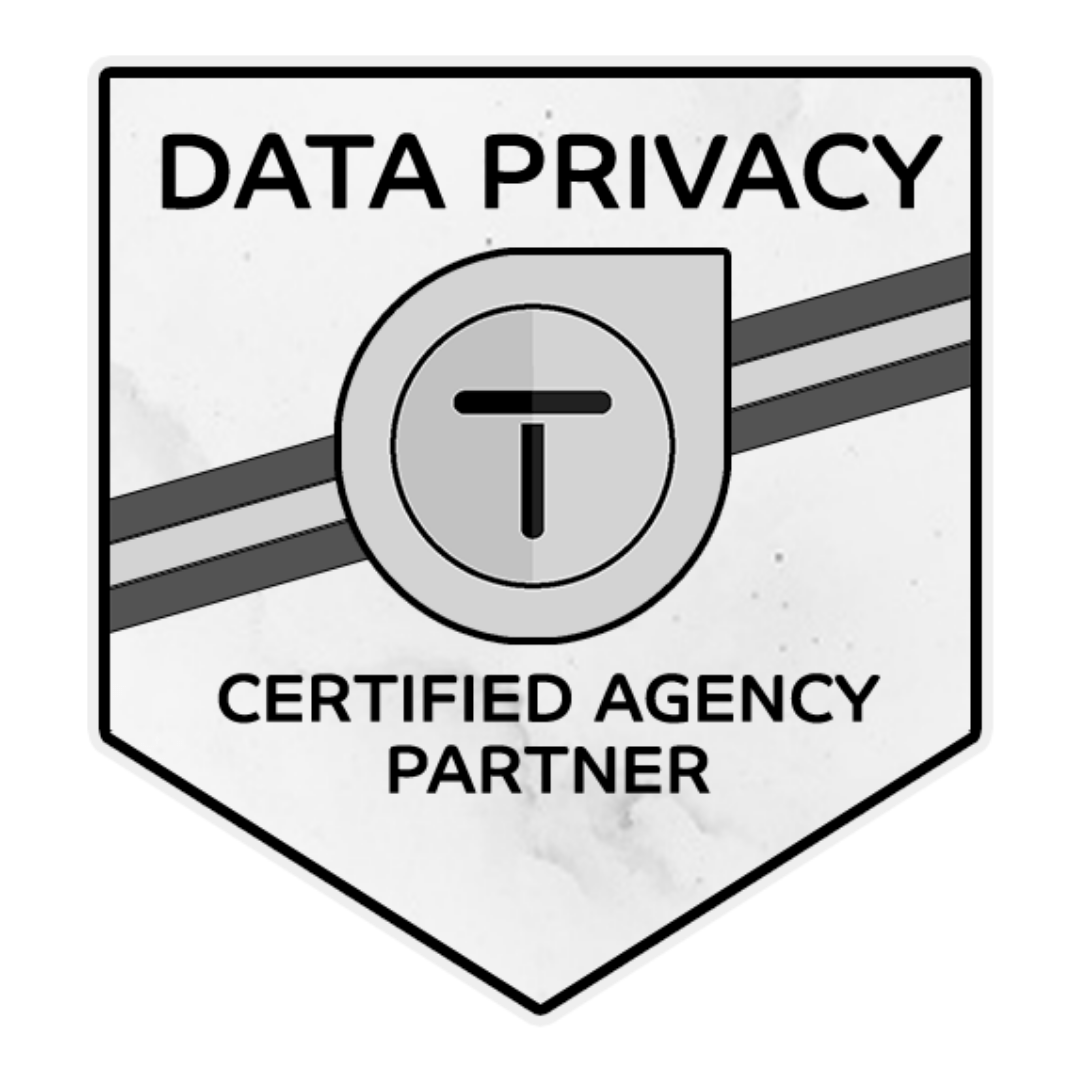If you have a website, you could get sued for not being accessible
By Laura Sutherly, Founder & Digital Marketing Strategist at Agtivation / October 1, 2019
If you have a website, you could get sued for not being accessible
Laura Sutherly
This may be quite alarming to hear and there has been a rise in lawsuits against companies that don’t cater to the needs of everyone.
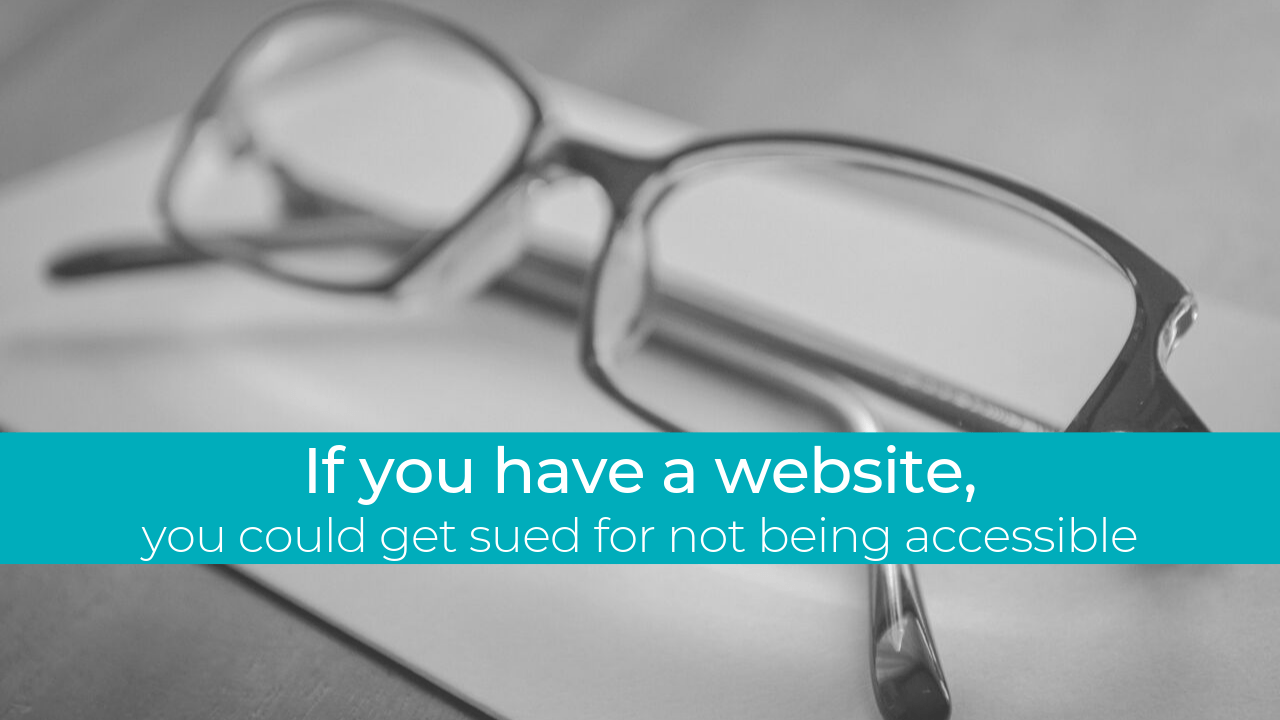
Equal access to online information is now a law under the Americans with Disability Act (ADA).
These lawsuits aren’t only affecting large companies but also smaller entrepreneurs too.
Businesses that have already been sued include the likes of Bank of America, Target, Winn Dixie, Home Depot and Weight Watchers - but smaller companies are being pursued too. Island Comfort Footwear in Florida were put out of business due to an ADA lawsuit.
2,285 ADA lawsuits were filed in 2018 - that’s up 187% since 2017's figures. One woman alone sued over 175 business owners under ADA.
Wineries across New York are currently being sued for not being compatible with screen-reading software according to Fingerlakes.com. Last year there were more than 1,000 lawsuits filed in New York alone.
Making your website accessible to all is a legal requirement and is not optional. It’s like not putting a wheelchair ramp outside of a store, everybody must be able to access your online information.
With this law being enforced so widely across the internet there are probably a few questions you want to ask. Like how does ADA affect the agriculture industry? What exactly is the ADA? Here is an introduction to the Americans with Disability Act (ADA) and its now-widespread enforcement on the web.
What is ADA?
On July 26, 1990, George W. Bush signed into law The Americans with Disabilities Act (ADA). The ADA law prohibits discrimination against people with disabilities. It prohibits discriminating against the disabled whether you’re a private employer, state and local government, or a labor union.
As the law was signed in 1990 there’s no mention of websites, but it prohibits companies from raising any restrictions to their services.
How does the ADA affect a website?
People use the internet for almost every aspect of their daily lives (and with many services now only available online) the ADA has moved from just physical stores to include those who have migrated to the online world.
You can do most of your daily errands online now, whether it be banking, studying, shopping and even your taxes, everything is online! Now, imagine if you were going about doing your taxes online and the website you use doesn’t work the way it should. This is not only going to frustrate you but it’ll also prevent you from completing an essential task.
This is what the ADA is here to prevent.
Some people use assistive devices like screen readers and Braille output devices. If a website they need to use doesn’t support their device, they can be forced to leave the website, lodge a complaint or take up a legal action against you.
What’s worse is that the ADA law requires no notice to be given before a lawsuit is filed for non-compliance.
The law doesn’t allow the company to take action before the lawsuit is filed, and it doesn’t offer any real defense to a company after the lawsuit has been filed either.
How do people with disabilities use a website differently?
Do you wear glasses or contact lenses? If you do then you use assistive technology that allows you to see properly.
People who have a visual impairment may require more than just glasses to be able to see things correctly. These people could be color blind, have low vision or be legally blind. They can use alternative views or use screen readers to assist their vision.
For people who have impaired hearing, closed captioning or a downloadable transcript of all on-site audio must be provided to assist them in using your website.
For people with a physical disability, the use of special equipment such as head pointers, eye movement devices or text to speech software must be compatible with the website to ensure that users who are unable to use a keyboard will have complete access to your website.
For people with blindness, dyslexia or other learning disabilities they may also use text to speech which is why it is important for your website to be able to use this software.
You want to allow access for all your customers, clients and just general visitors to your website and to do this you need to work with all of the above technologies.
You should follow the WCAG (web content accessibility guidelines) to make your website accessible for all online.
What are the WCAG guidelines?
Published in 2008 by the W3C Web Accessibility Initiative, the Web Content Accessibility Guidelines
(WCAG 2.0) brought guidelines for accessibility on the web into play. In 2018, WCAG 2.1 were released which provided additional guidelines in regard to people with low vision and people with cognitive and learning disabilities.
What parts of my website must be accessible?
Most of your website will need to be accessible, including:
- Any text content
- Videos
- Images
- Buttons
- Links
- PDFs
- Items for sale
- Documents
- Forms
- Any other types of content you offer
In order to get your website up to standard and to avoid being hit by a lawsuit, you will need to understand the WCAG requirements and how to introduce them into your own website.
If you don’t have the time or understanding on how to do this yourself it's advised to hire accessibility professionals. Agtivation have access to a network of accessibility experts who will be able to advise you in the area and help get your website up to accessibility standards.
The website accessibility process
The process begins with an audit of your current website to see how accessible it already is. Based on what our team find during the audit will determine what changes are necessary for the website’s growth.
After the changes have been made we will then do one more audit on the areas that originally had no issues, just to be sure that there are no changes that need to be made.
You will need to have an accessible statement visible on the site as well as having an accessible website, this needs to be done with a lawyer.
What’s the cost of not having an accessible website?
One in five of your website users is a person with a disability. If you’re not prepared by being accessible you’re already cutting away 20% from your potential client base.
If not being accessible leads to you being sued it will cost a lot. There will be fines, lawsuit settlements and an attorney’s fee.
For your first violation of ADA the Department of Justice imposes a $75,000 fine and for subsequent violations it’s $150,000.
Accessibility is an ongoing task.
If you are constantly updating your website with new content then it is important to invest in training for those who will be updating your website.
If you would prefer, our team can take care of updating your website for you and designating regular scans of your website to ensure that it is as accessible as possible.
Make sure your website is accessible as soon as possible and ensure that your company doesn’t become another ADA lawsuit.

In the competitive landscape of farm machinery, your rivals are like shadows lurking just out of sight, waiting for the right moment to seize market share. By harnessing technology for competitive analysis, you can illuminate their strategies and uncover valuable insights. This approach not only sharpens your understanding but also helps you anticipate shifts in the market. What tools can you employ to guarantee you stay one step ahead of the competition?

When it comes to farming, making the right purchases can be overwhelming. Personalized product recommendations simplify this process by providing tailored suggestions that fit your unique needs and farming style. This targeted approach not only saves you time but also boosts your confidence in decision-making. Curious about how customer data plays a vital role in this personalization? Let’s explore the benefits and possibilities that await.

